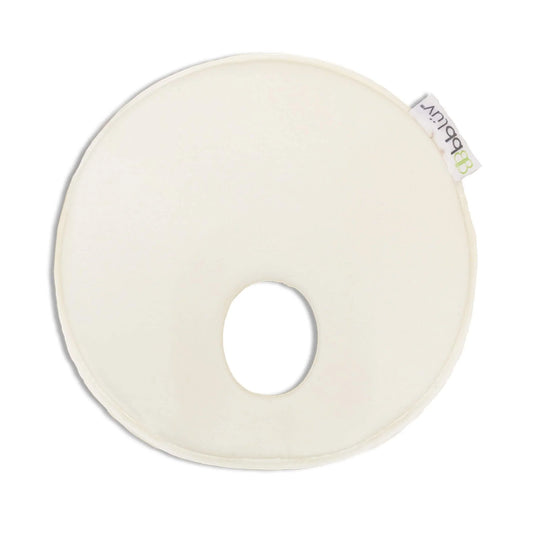What foods should we promote and which ones are forbidden when breastfeeding? How true are those classic grandmothers' tips? We review some of the most popular beliefs about nutrition and breastfeeding and here we tell you what is myth and what is truth.
Feeding during breastfeeding
Beer consumption does NOT increase milk production
You may have heard this advice from someone older, because in the old days it was believed that beer or malt with egg increased milk production. The reality is a resounding NO.
“The only thing that will increase milk production is constant emptying of the breast: the more suction, the greater the production. Everything else is breastfeeding myths,” explains lactation nurse Daniela Sepúlveda in the podcast Breastfeeding Myths from Clínica Alemana.
Caffeine IS allowed in moderation
“Breast milk typically contains less than 1 percent of the caffeine a mother consumes,” according to the American Academy of Pediatrics. But that doesn’t mean you can drink unlimited coffee — “it’s best to stick to 2 to 3 cups (16 to 24 ounces [473 to 710 milliliters]) of caffeinated beverages a day” (article Breastfeeding Nutrition: Tips for Moms, Mayo Clinic ).
It is also VERY important to pay attention to your baby's signals. For example, if he or she is very hyperactive or irritable when you drink coffee, consider reducing the amount.
Drinking more water does NOT increase milk production
Breastfeeding makes you VERY thirsty, so it's very important to stay well hydrated. However, the idea that the more water you drink, the more milk you'll have, is not supported by any scientific evidence.
“Drink between 1.5 and 2 liters of sugar-free liquids per day, preferably water, to maintain adequate hydration. Breast milk is composed of 90% water and you have to replace what you lost after breastfeeding ,” article Nutrition during breastfeeding, Clínica Alemana.
Breastfeeding DOES make you hungrier
If you have breastfed or are breastfeeding, you know that the answer to this belief is a resounding YES. Breastfeeding requires a significant caloric expenditure , so it is normal for you to feel more hungry. “It is essential that during breastfeeding you have a balanced diet to cover your nutritional needs, since these are increased by the expenditure that milk production entails,” explains the article Nutrition during breastfeeding, Clínica Alemana.
“To achieve milk production, there is an increase in the energy requirements of women, being 505 Kcal/day for those women who finished pregnancy with normal weight and 675 kcal/day for those who did not have an adequate weight gain during pregnancy” (1).
1) Source: Health professionals promote breastfeeding as a precursor to a sustainable planet, Nutrition and Dietetics, Pontifical Catholic University of Chile.
Alcohol is NOT 100% prohibited while breastfeeding
Although it is not recommended, it is not absolutely forbidden either. However, if you are going to consume alcohol , it is very important to make sure that your body has eliminated it before breastfeeding, because although alcohol passes very quickly into the milk, it does not accumulate in the mammary gland. And remember: there is no level of alcohol in breast milk that is considered safe for a baby.
“ If you are going to have an alcoholic drink, it is best to do so right after breastfeeding or pumping, and not before. Wait at least 2 hours per drink* before your next breastfeeding or pumping session. This way, your body will have the most time possible to eliminate the alcohol before the next feeding” (2).
*1 alcoholic drink = 12 oz of beer or 1 oz of hard liquor or 4 oz of wine.
2) Source: Alcohol and Breast Milk, American Academy of Pediatrics .
Always stay alert to your baby's signals
Breastfeeding does not require a special or restrictive diet, but it is important to be aware of your baby's reaction to certain foods or drinks. If you suspect that something in your diet is bothering your baby, such as garlic, onions or cabbage, stop for a week to see if his behavior changes.
“If your baby becomes fussy or develops a rash, diarrhea or wheezing soon after breastfeeding, check with your baby’s health care provider,” Nutrition During Breastfeeding: Tips for Moms, Mayo Clinic.









